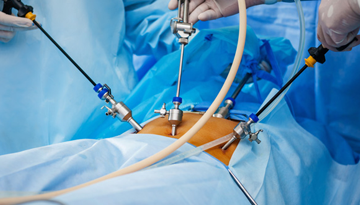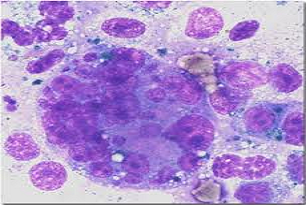The Department of General and Minimally Invasive Surgery is a complete healthcare facility involved in diagnosis and surgical treatment for a multitude of disorders. We have assembled a faculty interested in resident education, clinical innovations and advances in basic and clinical research. We use an integrated approach utilising most advanced techniques and minimally invasive procedures to treat the patients.
Laparoscopic surgery, also called minimally invasive surgery (MIS), bandaid surgery, or keyhole surgery, is a modern surgical technique in which operations in the abdomen are performed through small incisions (usually 0.5–1.5 cm) as opposed to the larger incisions needed in laparotomy.

We treat the full range of surgical diseases that affect the central and peripheral nervous systems. Our surgical targets can involve the skull, brain, spinal cord, spine, and peripheral nerves. We utilize the full spectrum of neurosurgical techniques from traditional to minimally-invasive procedures.

Quality care means full implementation of the steps involved with the care of the patient with cancer, i.e. screening and prevention, early detection, diagnosis, staging, local and systemic treatment, follow up and rehabilitation, and palliative care.

It aims at providing the highest quality care for reconstructive and aesthetic patients. Evaluation and operative management are tailored to each patient’s specific needs.

Pediatric surgery is a subspecialty of surgery involving the surgery of fetuses, infants, children, adolescents, and young adults.

It involves the prevention, early diagnosis and treatment of diseases of the chest.

